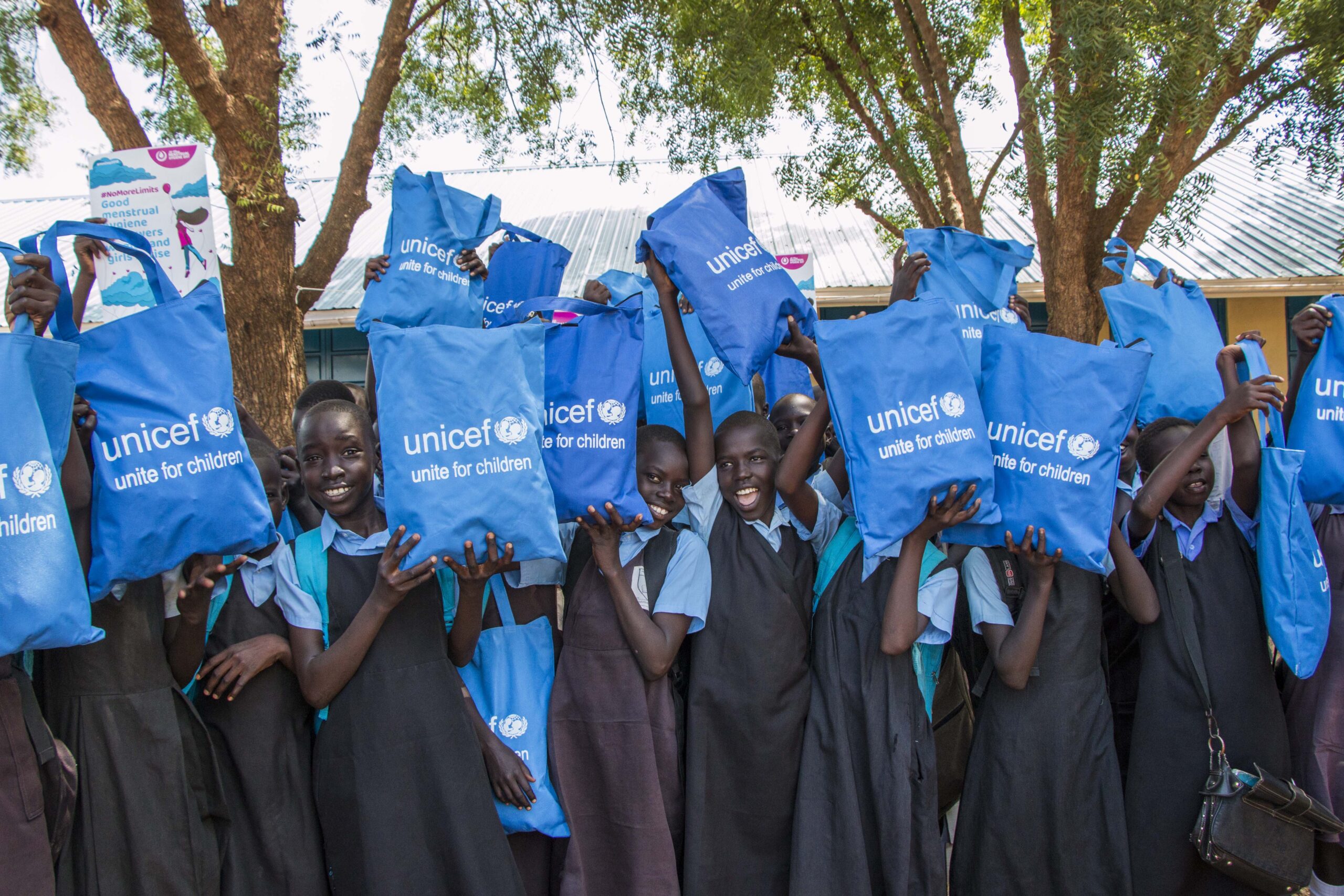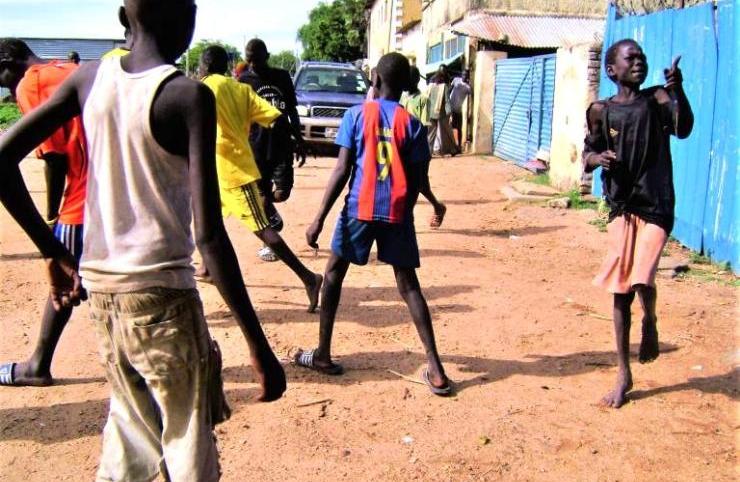
South Sudan: WFP Suspends Disposal of Damaged Food Near Communities

By Onen Walter Solomon, Juba
The United Nations World Food Program (WFP) in South Sudan has suspended the disposal of damaged food commodities in an area close to settlements of people.
The agency’s spokeswoman in the country, Marwa Awad, told Juba Echo exclusively on June 23, that discussions are ongoing to find another disposal site in a more remote and unpopulated or uninhabited area.
“WFP has suspended disposal of food commodities that sustained water damage during their transportation in South Sudan,” Awad said.
“We are discussing with the authorities to find a new location which is far away from people and any living area so that we are able to go through the process of safely disposing of the damaged food that is no longer suitable for human consumption.”
On June 9, 2021, a 15-second video posted on social media showed people collecting food from a dump site with the following caption ran: “WFP with supervision from the Ministry of Environment is disposing 30 trucks loaded with expired and contaminated grains at Rejaf open dump site. However, the squatters are not heeding to the advice not to consume the grain. God save us!”
Responding to the video, Awad described it as an “unfortunate and inaccurate representation of reality”.
“The World Food Programme complies with the highest food safety and quality standards and makes sure that the food we provide to people in South Sudan meets international quality standards that the people we serve receive is the best,” Awad told Juba Echo by phone.
She added that in some instances, the food may become damaged during road, river or air transport, highlighting the infrastructural challenges in South Sudan.
“In May, some of WFP’s food was found to be damaged due to the heavy rains and flooding. WFP immediately stopped the process, notified the authorities, and partners, and began the disposal process of the damaged commodities.
“WFP supports about five million people in South Sudan. All incidents of damaged food amount less than 1 percent of the total tonnage of food that we bring into the country, which is over 300,000 metric tons,” she explained.
Kalisto Ladu Faustino, the Mayor for Juba City said he was “not aware” that people had been collecting damaged food from the Rejaf Dumping site.
Ladu said the site is managed in accordance with environmental standards by officials from the department of environment and sanitation and the security organ, under the administration of Juba County.
Ladu said there is no plan to relocate the site because “it is far away from residential area; it is five hundred meters by five hundred, well fenced by JICA, a very safe place to really to dump waste.”
Josephine Lagu Yanga, the Minister of Agriculture and Food Security said she had to consult with technical people at the ministry if South Sudan has a laboratory for testing goods but the ministry has a small laboratory for testing seeds.
Ten years after gaining independence, South Sudan is experiencing its worst humanitarian crisis with 7.2 million people – 60 percent of the population – facing acute food insecurity and 1.4 million children under five years of age and half a million pregnant and breastfeeding women expected to suffer from acute malnutrition, according to the WFP.



































